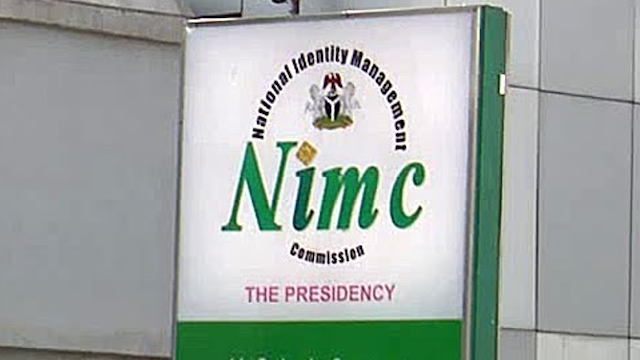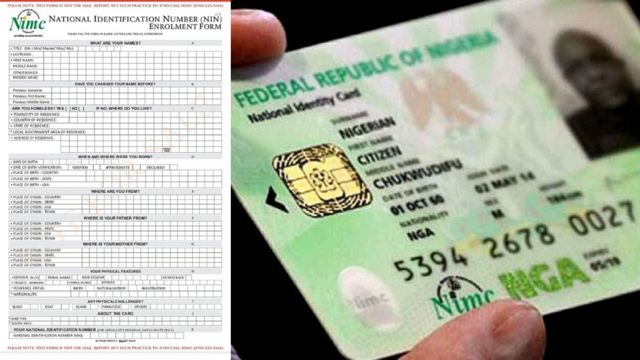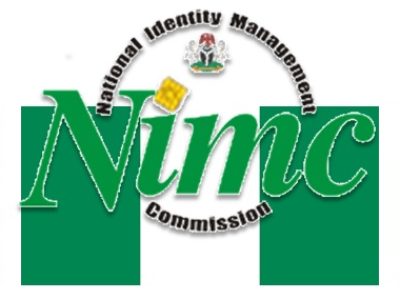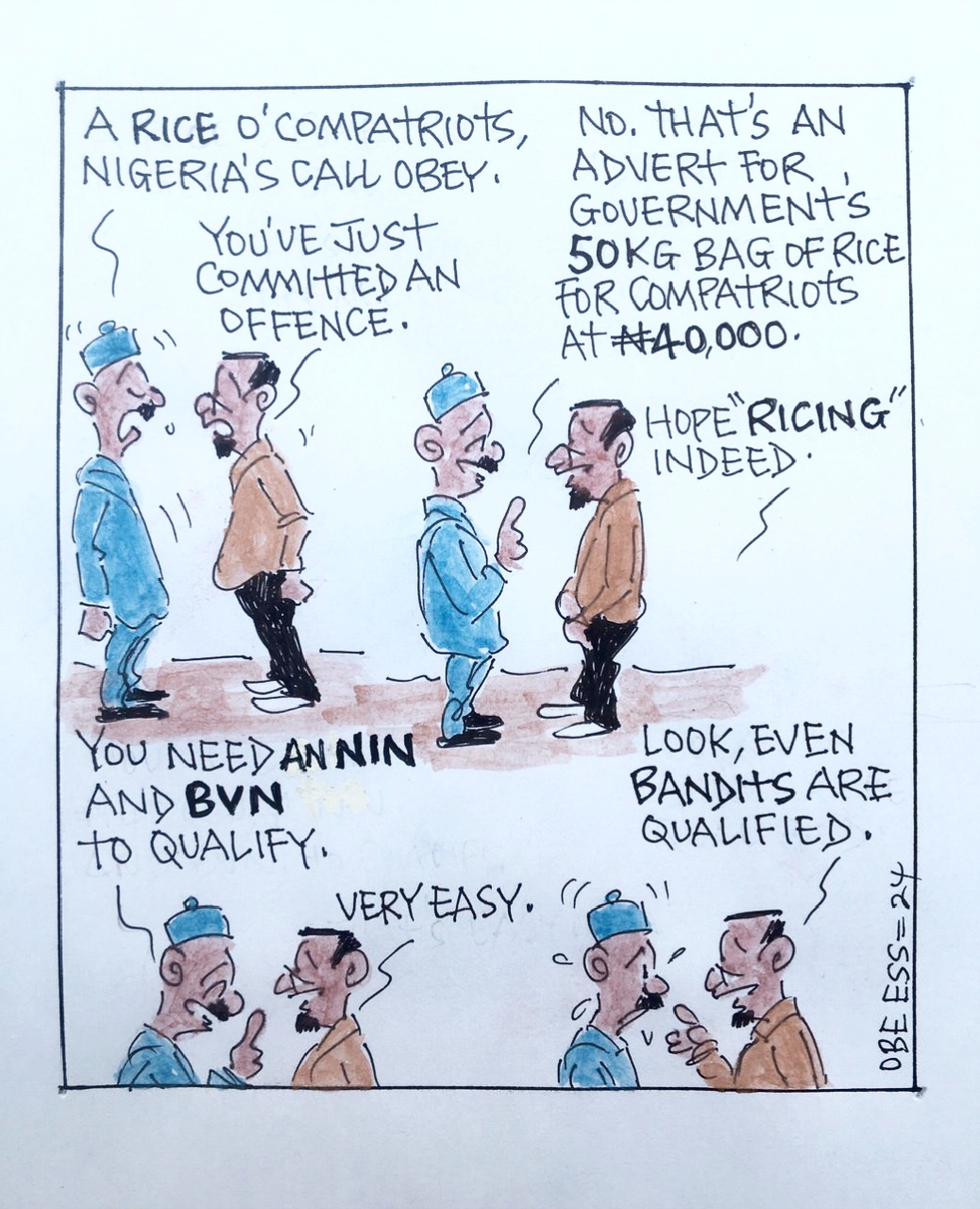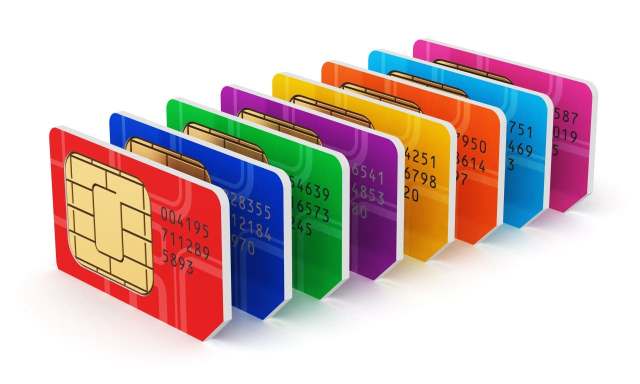It was my strong determination this week to write in defence of the Tinubu administration that it couldn’t be behind the large scale disconnection of mobile lines as a sure channel of ensuring that those planning demonstrations over hardship in our nation on August 1, 2024, fail in the process as they will be unable to communicate with each other.
It was a decision that wasn’t going to serve me right but I was ready to take some fall in standing for the truth even if the timing was inappropriate. Is the truth still out there? Let me observe that there are so many strands of stories flying all over the place that truth is confused for fiction and even fiction is assuming some level of acceptability except sorting and verifications are detailed.
Too many things unfolded too quickly. An alarm was raised by Ebun-Olu Adegboruwa (SAN) that there were indications that telecommunications companies in the country were trying to frustrate planned protests. He is a well-known voice in the human rights community whose concerns should not be overlooked.
“From all indications, it would seem that the underlying target of the telecom companies is to limit the reach of their customers in order to restrict access and thus frustrate the protests,” Adegboruwa complained in a statement.
His fears were genuine. There were mass disconnections across the various networks. By Monday, MTN alone, this writer gathered, had disconnected about 6m lines! Adegboruwa’s number was one of them. Around Abuja, there was bedlam anywhere MTN has a service centre or franchised service centre. Except you had the guts to be inquisitive, nobody wanted to risk his life as they thought the demonstrations were already building up.
The truth, no longer an apparition, came out very quickly. Moving posthaste to remove the noose from his members, the very proactive Engr Gbenga Adebayo issued a statement to the effect that the harmonisation exercise of the SIM Registration database and the National Identity Database which has been ongoing, was responsible for the mass disconnections.
“Customers who recently had their lines blocked are those whose records showed a mismatch between the databases. Affected customers are advised to contact their service providers through the communicated channels to resolve the issue,” Adebayo admonished.
Adegboruwa’s number fell in this category. His number was barred because the image on his registration was blurred. His case has been resolved, however.
By Monday afternoon, the Nigerian Communications Commission (NCC) which dithered in response, released a statement, titled: NCC Orders Immediate Reactivation of Lines Affected by NIN-SIM Verification Issues, to put the matter in clearer perspective.
“Over the weekend, many telecoms subscribers/consumers were unable to access their phone lines because of the inability of many telecoms consumers to verify their National Identification Numbers (NINs) with their Subscriber Identification Modules (SIMs). This meant that their numbers were blocked by their service providers in keeping with laws and policies of NIN-SIM linkage.
“Since December 2023, the Commission has since reviewed the deadline a few times; April 15, 2024, was set as the deadline for the full network barring of subscribers with four or few SIMs that had unverified NIN details. This deadline was then reviewed to July 31, 2024, to give consumers more time to ensure their submitted NIN details are properly verified . Despite these extensions, many phone lines are yet to be linked with verified NINs,” the regulator explained further in a statement.
The Commission therefore directed all operators to reactivate all lines that were disconnected over the weekend in view of the short time it took them to undertake the exercise.
The directive brought a lot of attention and activities to the operators’ service centres, leading to chaotic and violent scenes in some instances.
MTN was the most affected, expectedly, because it is the largest mobile network in the country. With a total industry subscriber base of 219, 005, 878 by March 2024, according to the NCC, MTN controls 76.7m, the company chief executive, Karl Tortola, said in the company’s Annual Report.
Looking at the history of the industry, I want to point out that this is a coincidence most unfortunate. NCC has explained the position of the regulator and the industry. The disconnections had nothing to do with the planned demonstrations. But hunger, tension and apprehension can spin wild conspiracy theories which call for strategic response from the authorities. But responses from successive governments to national challenges have always been more arbitrary than strategic with sour end results.
The NIN-SIM verification exercise is a good policy but so badly implemented that the only referential qualities are anarchy and pain which it has brought upon Nigerians. Once upon a time, a former Communications and Digital Economy Minister said it would take only two weeks to implement. This is 2024. The exercise gets so convoluted daily that it takes sincerity to admit that we are not getting close to the conclusion.
Somebody asked, why would MTN disconnect over 6m lines within a short period? My answer was simple. When a child gets burnt in fire once, even fireflies frighten him.
Recall that in October 2015, MTN was fined N1.04 trn by the NCC for delaying the disconnection of 5.1m lines that were improperly registered. A negotiated agreement brought the fine down to N330bn with some other conditions. It would have been anomalous, if not extreme corporate negligence, if MTN allowed thunder to strike a second time.
But this story is not about MTN but about an entire industry that is facing serious challenges at the moment. The big operators are making losses because of a very challenging operating environment. The quality of service has gone down as operators are finding maintenance and expansion difficult. In fact, the announcement this week about a management change in 9MOBILE only amplifies the problems of the industry, and offers a little hope of a corporate rebirth that may impact positively on the whole industry.
The mass disconnections of mobile lines over the weekend over SIM-NIN verification may just have served to draw urgent attention to an industry that needs immediate help. The operators are facing their own demons but still have to support a National Identity Management Commission (NIMC) which an industry source said does not have the capacity to move at the speed of NCC and the industry.
With such knowledge resident even within the NCC, it does not serve any purpose to issue bogus disconnection orders to heat up the polity and make an already sweating President look very bad.
One last line. The regulator has given a reprieve and final call for subscribers to carry out needed harmonisation and verification of their SIMs and NINs. Will they take advantage of it or wait for another opportunity to complain and cause chaos?
